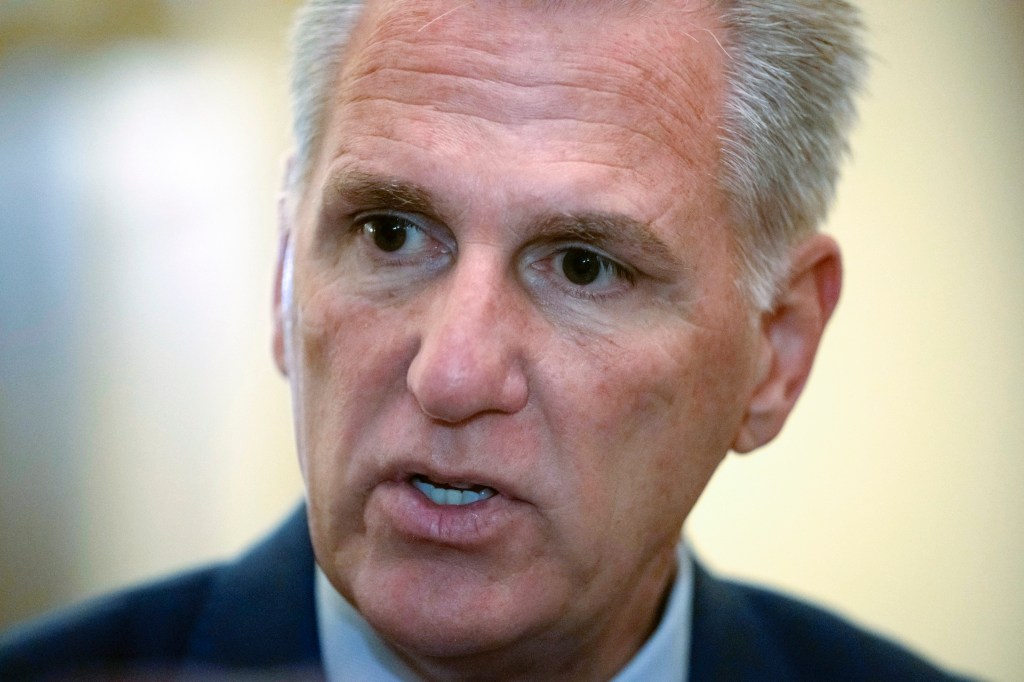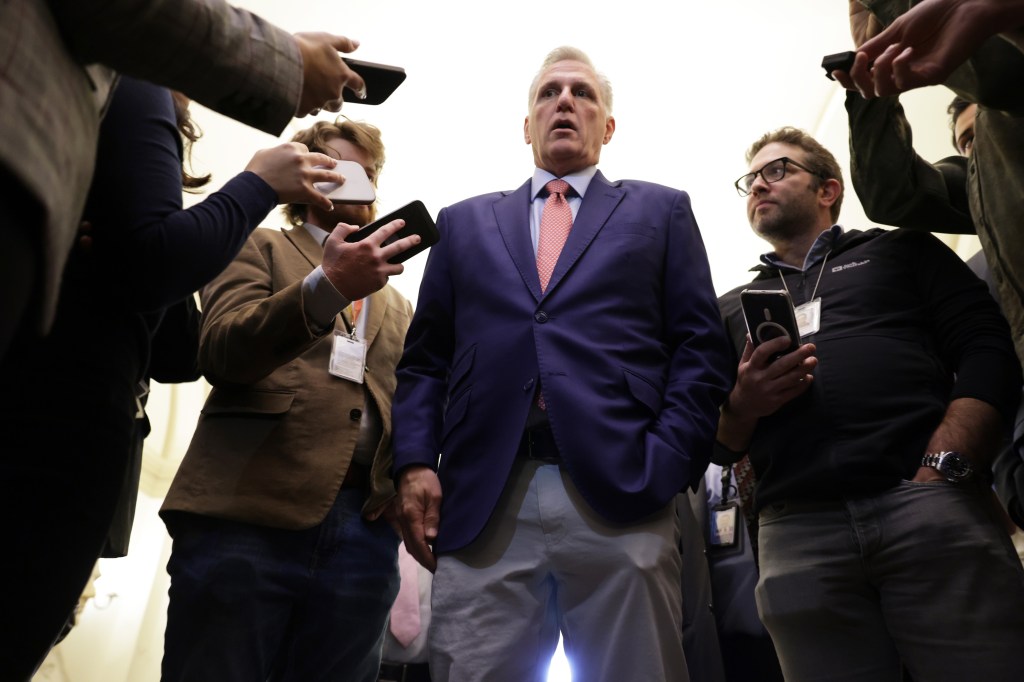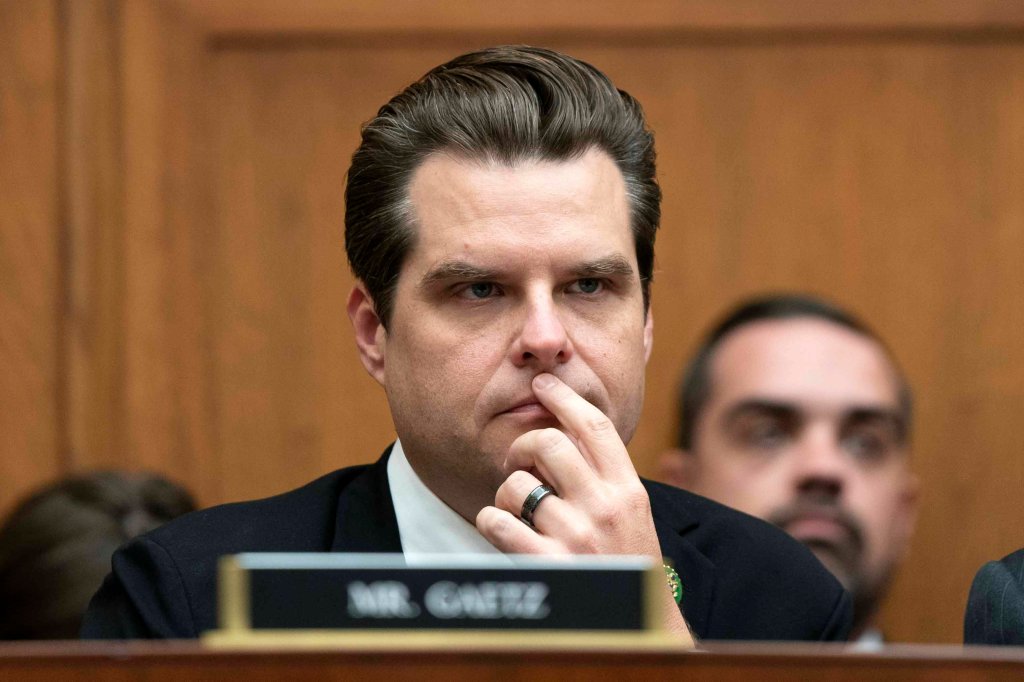Pete Buttigieg insists a government shutdown ‘can’t be’ inevitable
Transportation Secretary Pete Buttigieg is holding out hope that Congress can walk back from the brink of a looming government shutdown.
“It can’t be. We can’t let it be,” Buttigieg told NBC’s “Meet the Press” Sunday when he asked if a shutdown was inevitable. “This is no way to run the government of the most powerful nation on Earth.”
House Republicans have been mired in bitter infighting over how to avert a shutdown, with about a dozen members dead-set against plans from leadership to keep the government’s lights on without certain spending cuts.
Every fiscal year, Congress must fund the government to avert a shutdown — and has until Sept. 30, at 11:59 p.m. to do so.
But Buttigieg admonished some GOP lawmakers clamoring for major claw backs in federal spending.
“Some of the very same House Republicans who were lining up to try to make a partisan political issue of air travel disruptions are proposing cuts that will make it harder to modernize our systems,” Buttigieg said on CNN’s “State of the Union.”
Earlier this month, for instance, Republicans on the House Oversight Committee demanded Buttigieg turn over documents about near-misses on runways at US airports and rail safety mishaps.
“Some of the very same House Republicans who were … trying to make the pain of the people of East Palestinian, Ohio, into a partisan political issue would cut railroad safety inspections. It makes no sense,” he added.
A handful of Republicans from both the House and Senate have blasted Buttigieg’s handling of the February train derailment and spillage of toxic chemicals in East Palestine.
Another grievance for Buttigieg is that lawmakers cut a deal on top-line spending figures during a debt ceiling flap in May — agreeing to cap discretionary spending at $1.59 trillion, much to the chagrin of Republican hard-liners.
Now, House Republicans under pressure from their right flank are eyeing something closer to $1.471 trillion, the base spending level for fiscal year 2022 and their initial opening salvo in the debt limit fight.
“The focus of the administration is to get the House Republicans to live up to a deal they already made,” Buttigieg added to NBC.
“By the way, that wasn’t the easiest deal to accept. It included cuts [to] the things I was hoping to do in transportation, just to take one example.”

House Speaker Kevin McCarthy (R-Calif.) has been keen on avoiding a government shutdown.
Funding the government typically requires passage of appropriations bills either by taking 12 of them up one-by-one, or in a package.
Both McCarthy and hardliners are eager to take up each spending bill individually, but the House is widely agreed that it lacks sufficient time to complete that before Sept. 30.

That’s why McCarthy and most House Republicans wants some sort of stopgap continuing resolution measure to keep the government funding while it hashes out those bills.
So far, the House has only passed one — the $155.7 billion military construction and veterans affairs bill. Last week, hardliners tanked a defense bill.
This week, GOP leadership has signaled plans to plow ahead with additional spending bills.

Republicans have a narrow four-seat majority, which gives leadership very little wiggle room during sensitive negotiations.
The House’s spending legislation puts them at odds with the Senate, which has hewed closer to the original contours of the debt limit deal.
Meanwhile, the Senate has yet to pass a single appropriations bill after hitting a snag with a so-called minibus bill last week.
Read the full article Here


